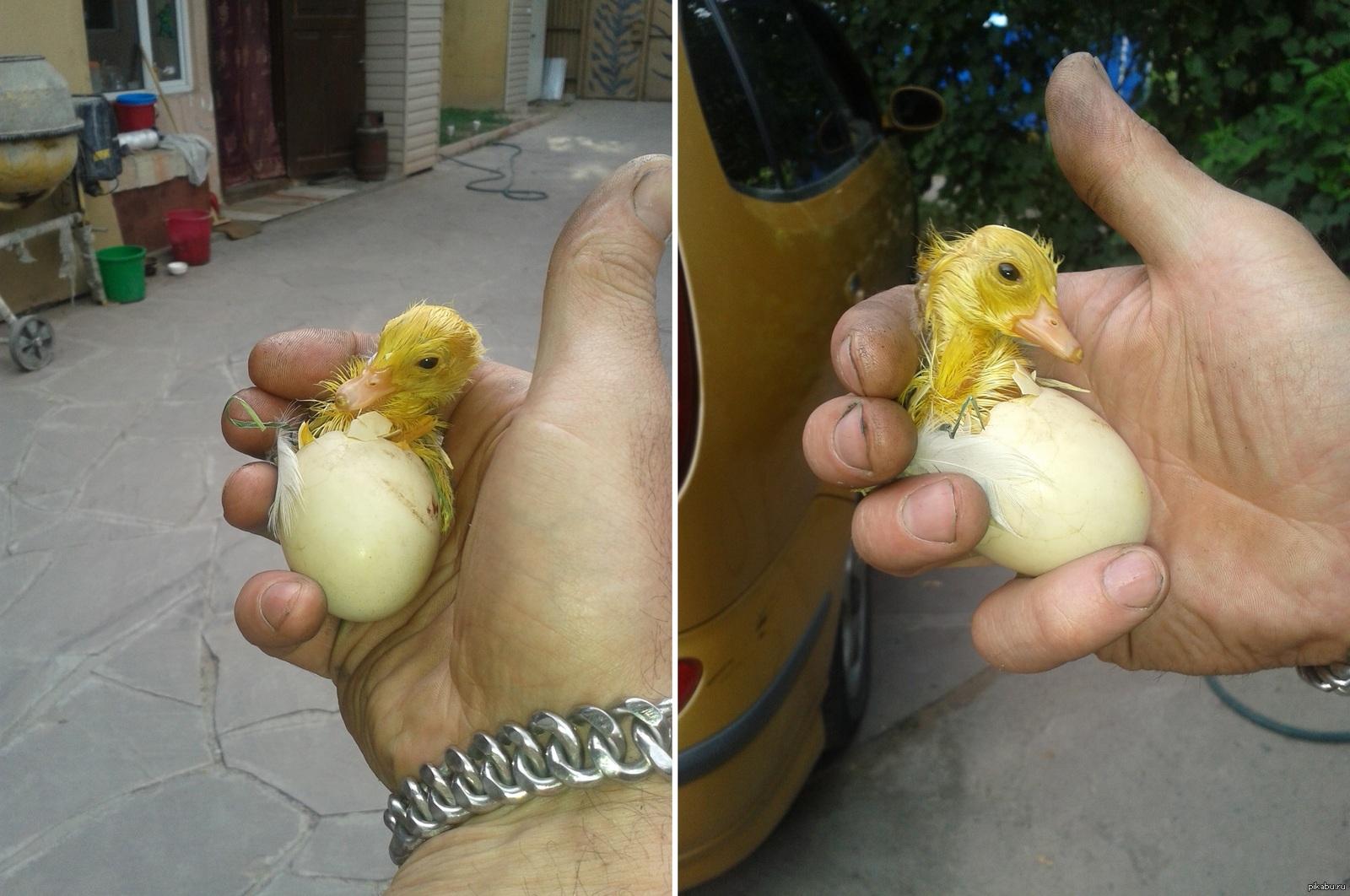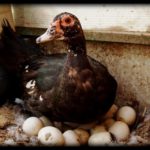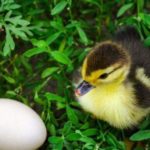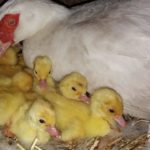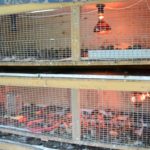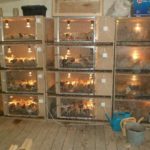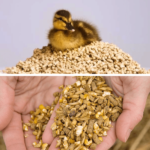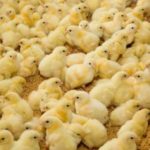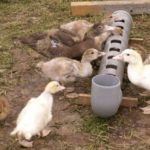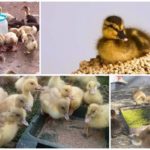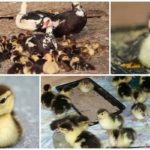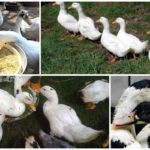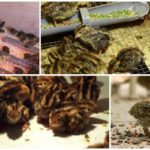The appearance of ducklings is a joyful event on a personal plot. But, along with positive emotions, inexperienced farmers have a feeling of uncertainty. They are glad that the ducklings have hatched, but they don’t know what to do next. In the first days and weeks of life, the chicks are weak and vulnerable. Wrong actions can ruin them. Therefore, you need to carefully and carefully help them until the ducklings get stronger.
What should you do with ducklings after hatching?
Some poultry farmers do not take newborn chicks. They advise leaving the ducklings under the duck and entrusting her with upbringing and care.But the female does not always care for her babies; there are times when she eats her own chicks. Also, in cold weather, it is not recommended to leave ducklings in the care of a duck.
Babies can be picked up 30 minutes after birth. The brood should be placed in a warm room. In the first days, the chicks are very vulnerable to cold weather. For the first seven days, ducklings should be kept at a temperature of +28...+30 °C. From the second week the temperature is reduced to +22 °C, and from the third - to +16 °C.
Lighting should be around the clock in the first days of babies' lives. Although they are ready to swim from the first week, it is recommended to release them into the pond at three weeks of age. Swimming earlier can lead to a cold. Until the 20th day, ducklings are taught to swim in a small container located indoors.
Newborn chicks should be fed heavily. You need to start after they are completely dry. The sooner they start eating, the faster they will develop a strong swallowing reflex. Weak babies are first given a weak solution of potassium permanganate.
Since the chicks do not understand anything yet, they should be accustomed to the feeder. To do this, their backs are sprinkled with small pieces of boiled eggs. When the pieces fall into the feeder, they will attract the attention of yellowthroats, and they will begin to peck at them. As a result, the chicks will get used to eating from the feeder. Until the fifth day, ducklings need to be fed frequently, 5-6 times a day. After the first week and up to a month, the amount of fertilizing is reduced to 4 times. On the first day, hard-boiled eggs are used as food. On the second day, you need to mix bran, eggs and milk and feed the resulting mixture to the chicks.
What is a brooder and what is it for?
A brooder is a container simulating a hen in which day-old ducklings are placed. The name comes from the English word “brood,” which means “to hatch” or “to hatch.” The brooder must satisfy the following conditions:
- Provide warmth for babies. Many models have thermostats to set the optimal temperature.
- Good ventilation is necessary. The chicks should feel comfortable and spacious inside.
- Lamps for lighting must be installed inside. Light sources are installed so that they do not burn the ducklings.
- The floor must be dry and have a mesh through which waste products fall into the pan.
The purpose of the brooder is to raise ducklings for up to 45-50 days. It replaces the hen and provides comfortable, safe living conditions. The brooder must be cleaned periodically to prevent infectious diseases. Finished products are sold, but you can make the device yourself.
What problems might arise?
Problems can arise from poor nutrition. If you do not provide the chicks with high-protein food, meal, and fishmeal, they will become weak, will not be able to walk, and may later die. Also, you should not feed them sour foods or fresh bread.
Such food can lead to diarrhea in birds and their death. The food must be finely chopped, otherwise the ducks will choke.
Be sure to monitor the temperature. The cold will kill yellowthroats. Ducklings must be kept separately from adult birds, which can injure or kill them. Babies must be handled with care as they have weak bones. There should be no sharp, shiny objects near the birds, such as glass fragments or nails.Ducklings can swallow them and die.

